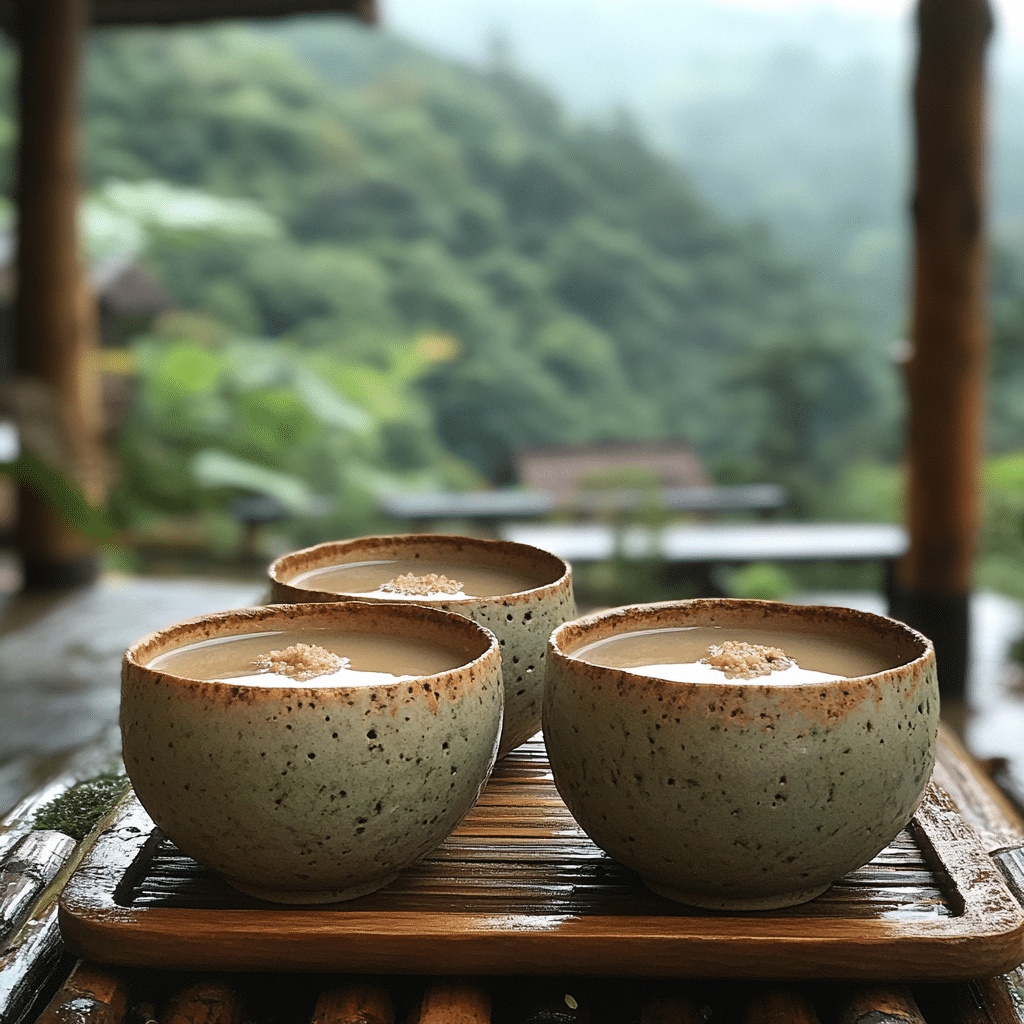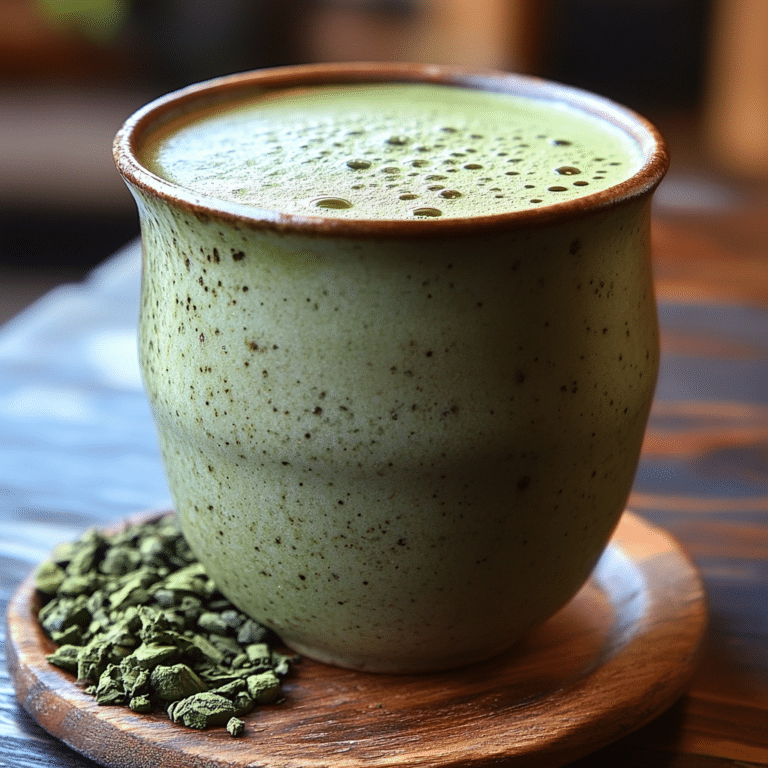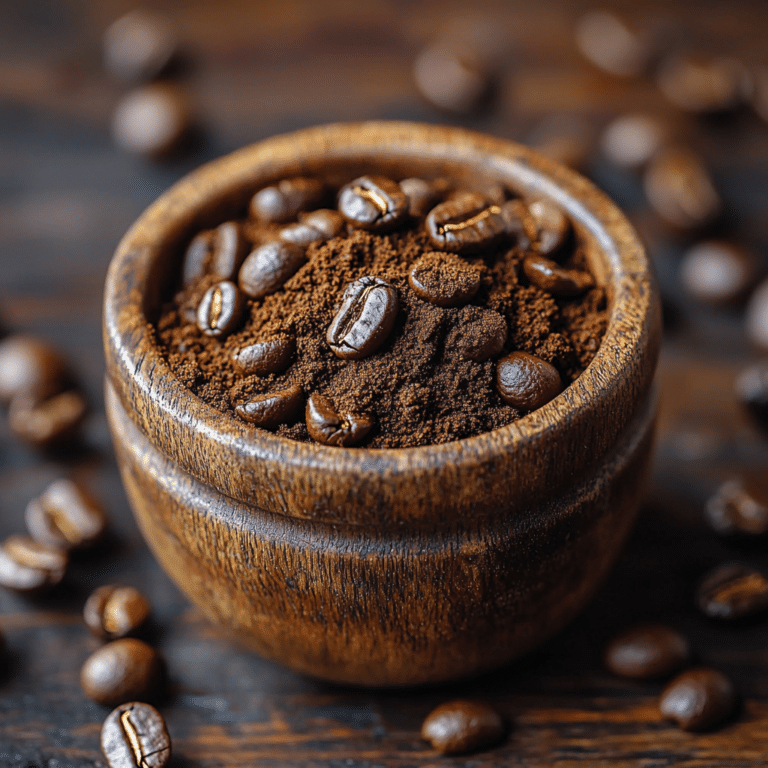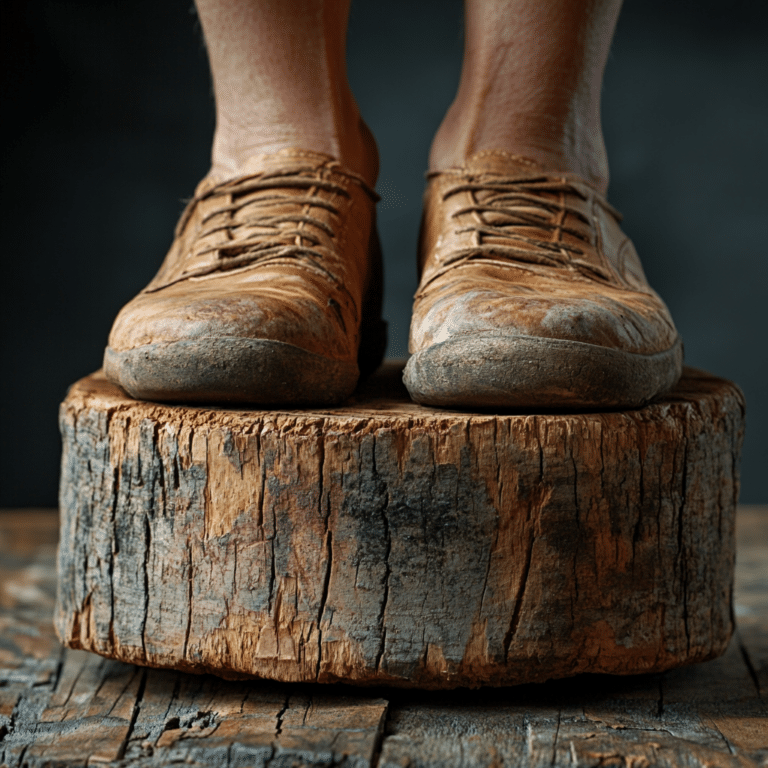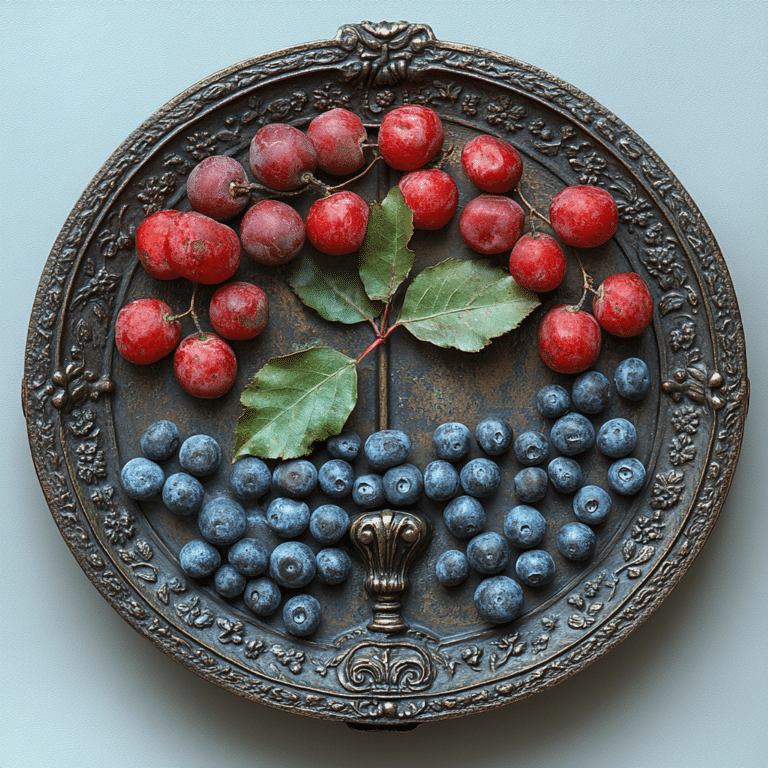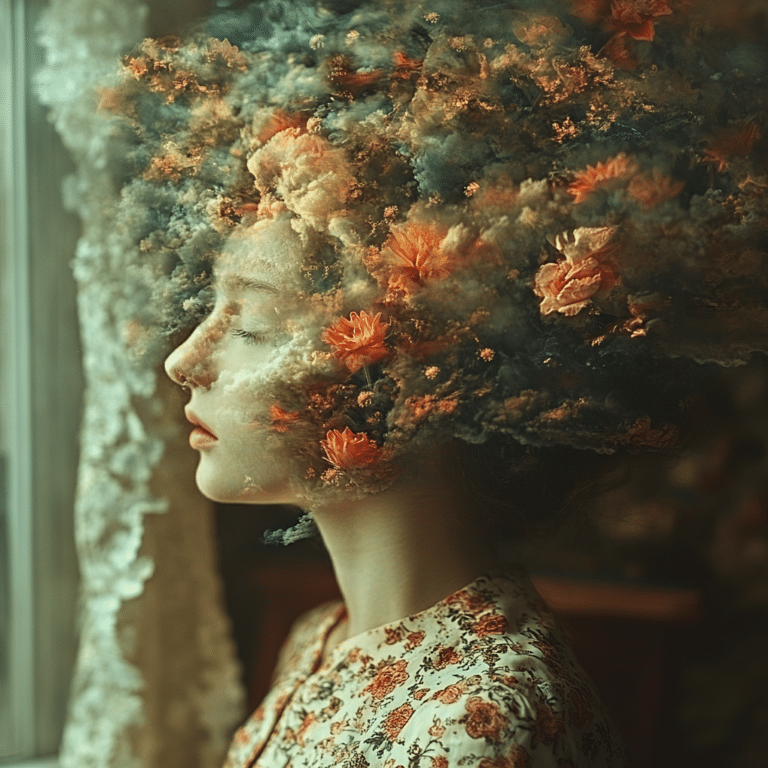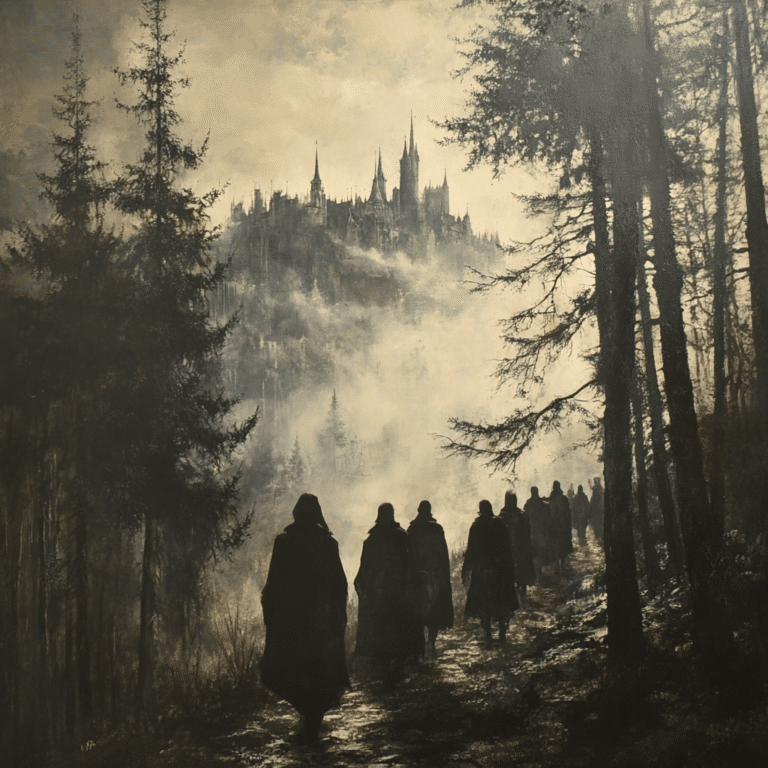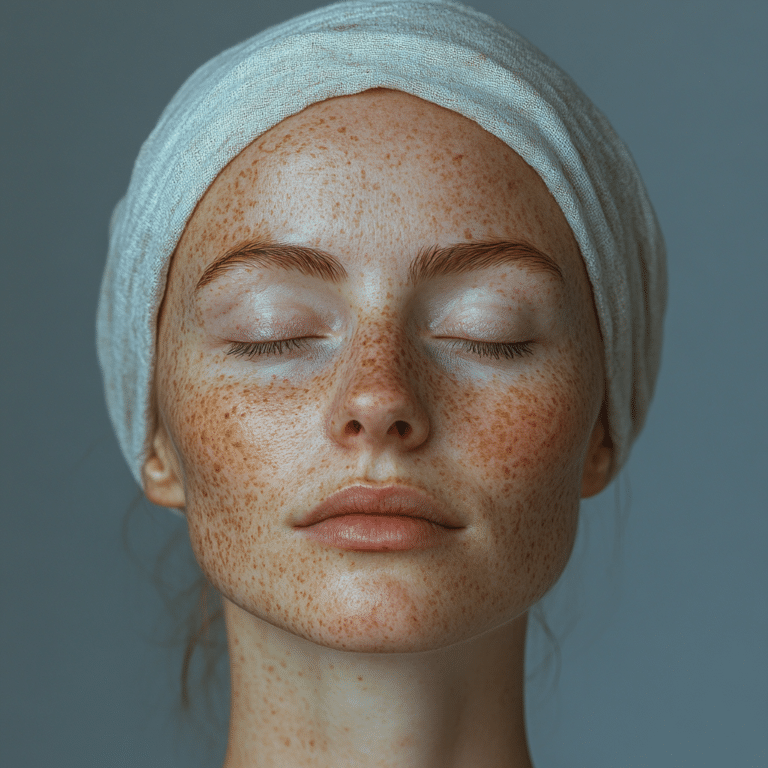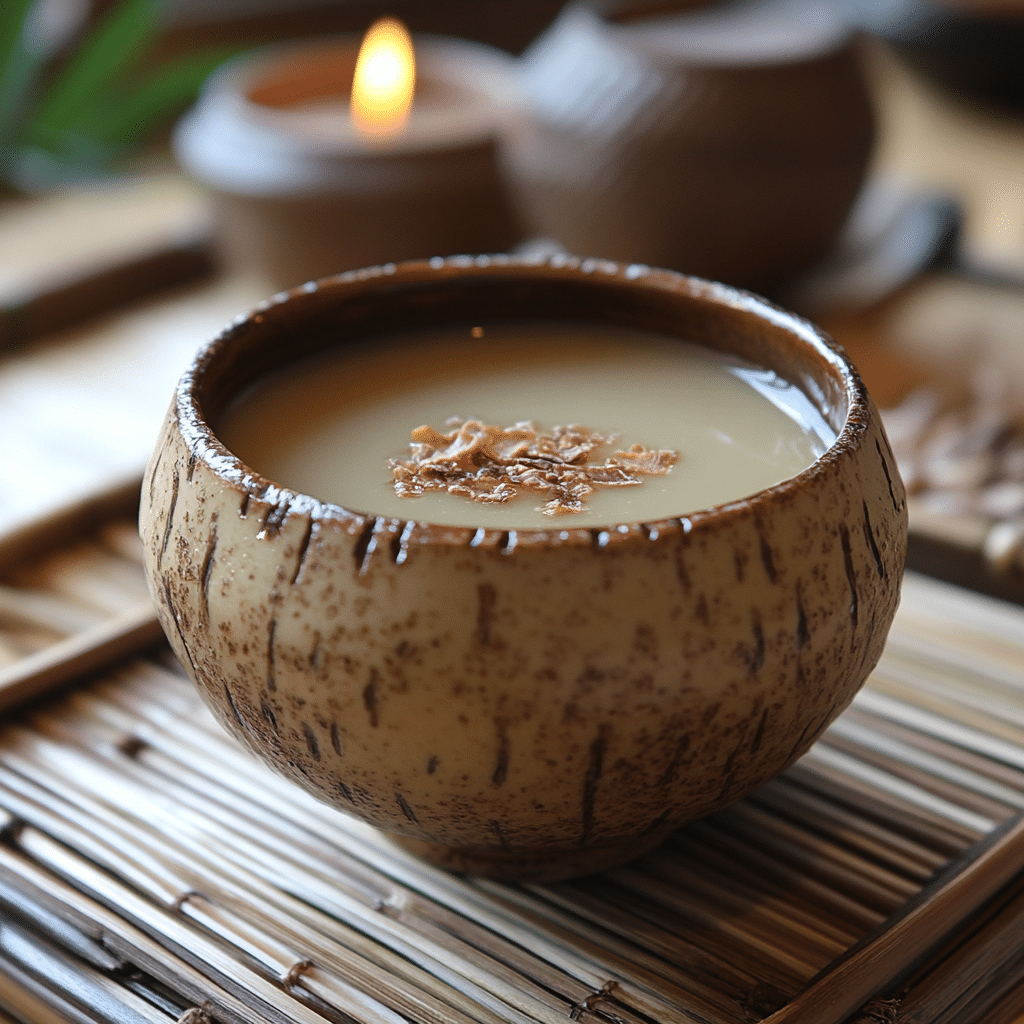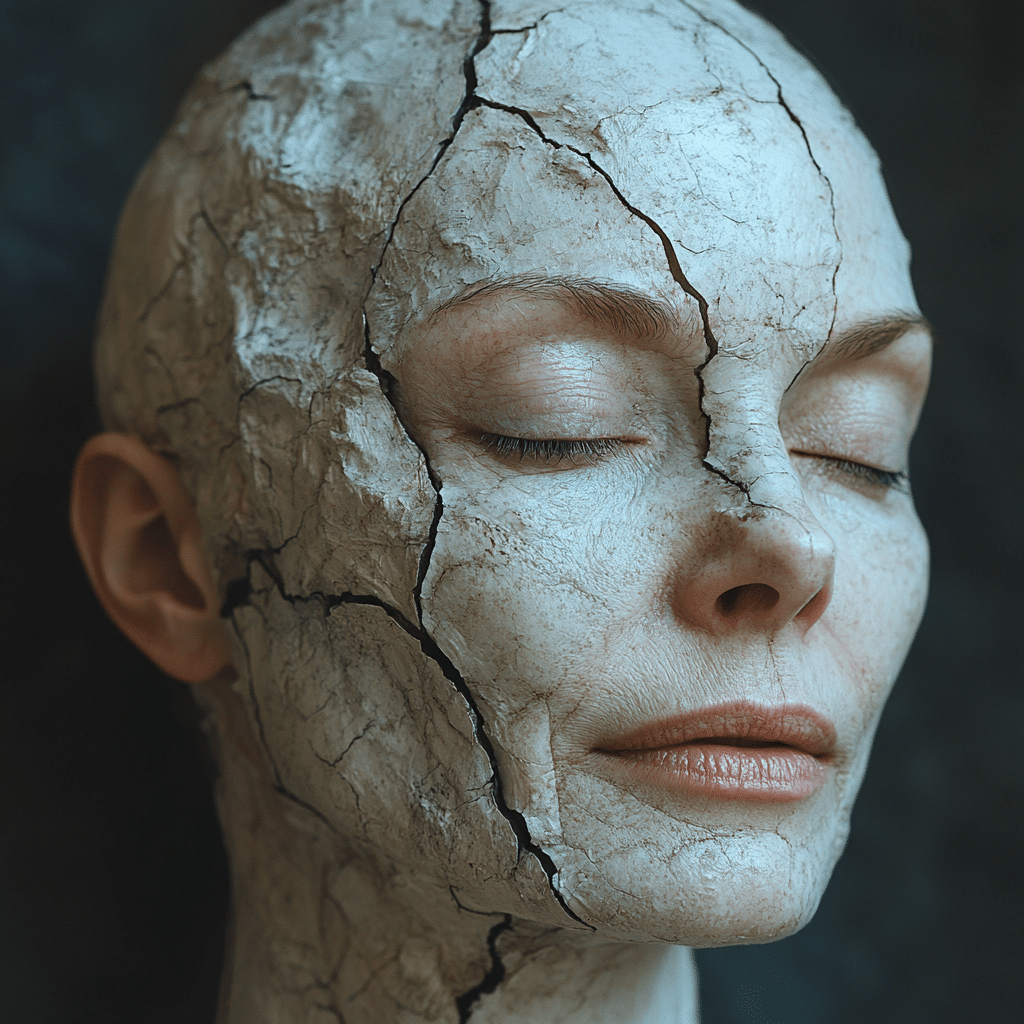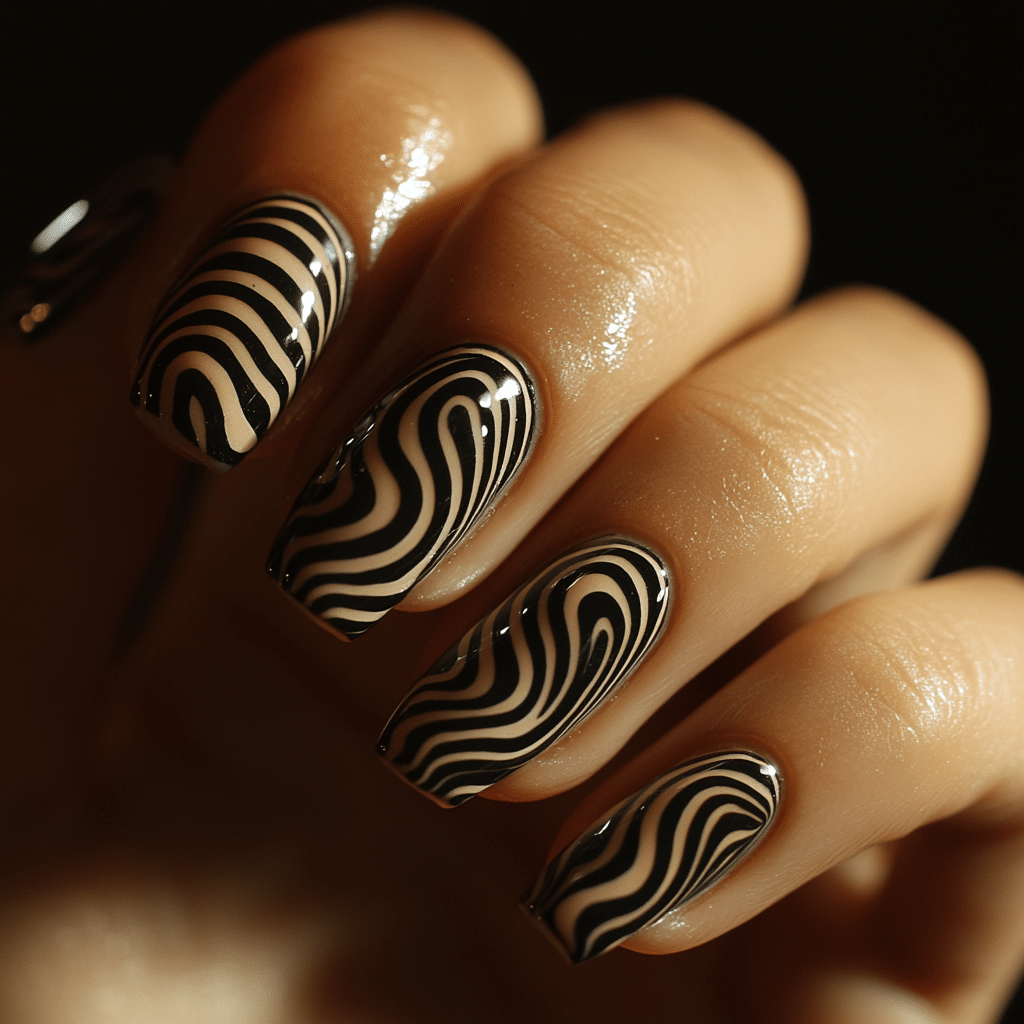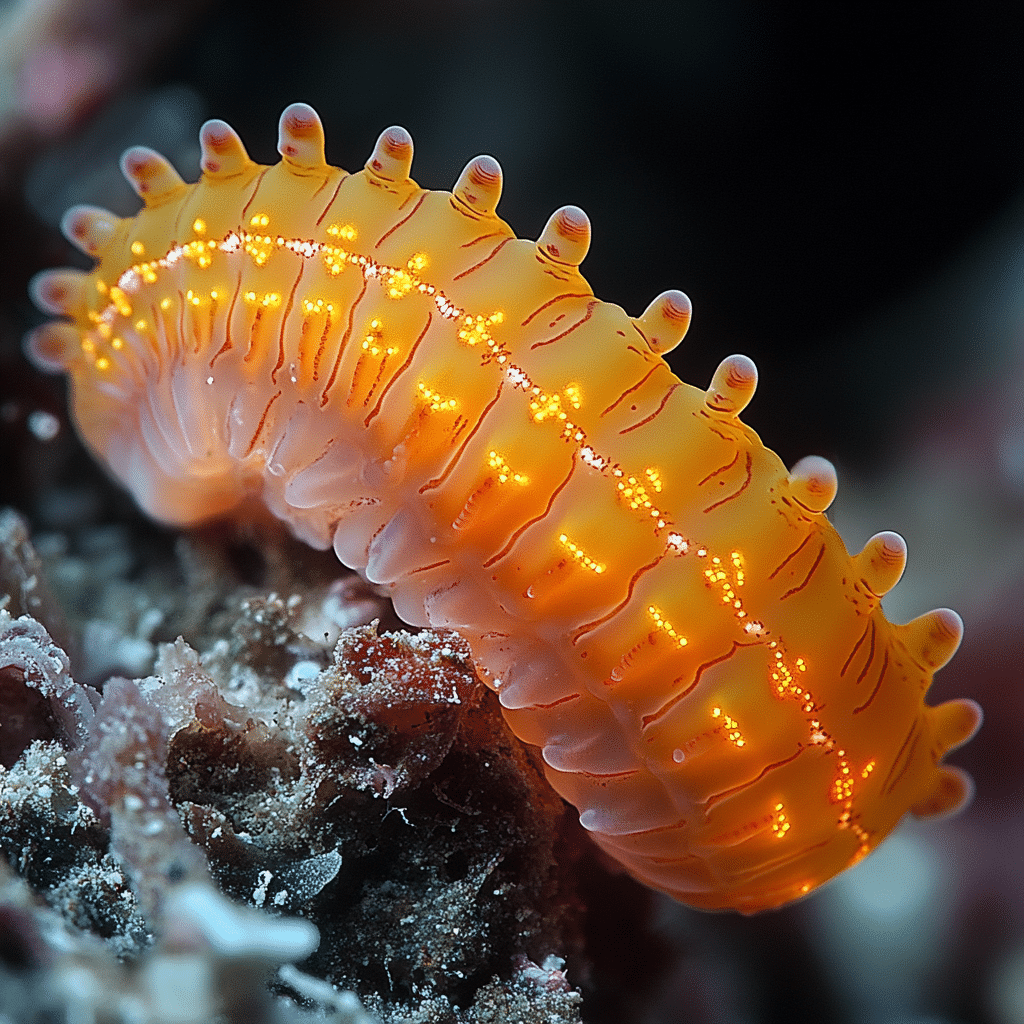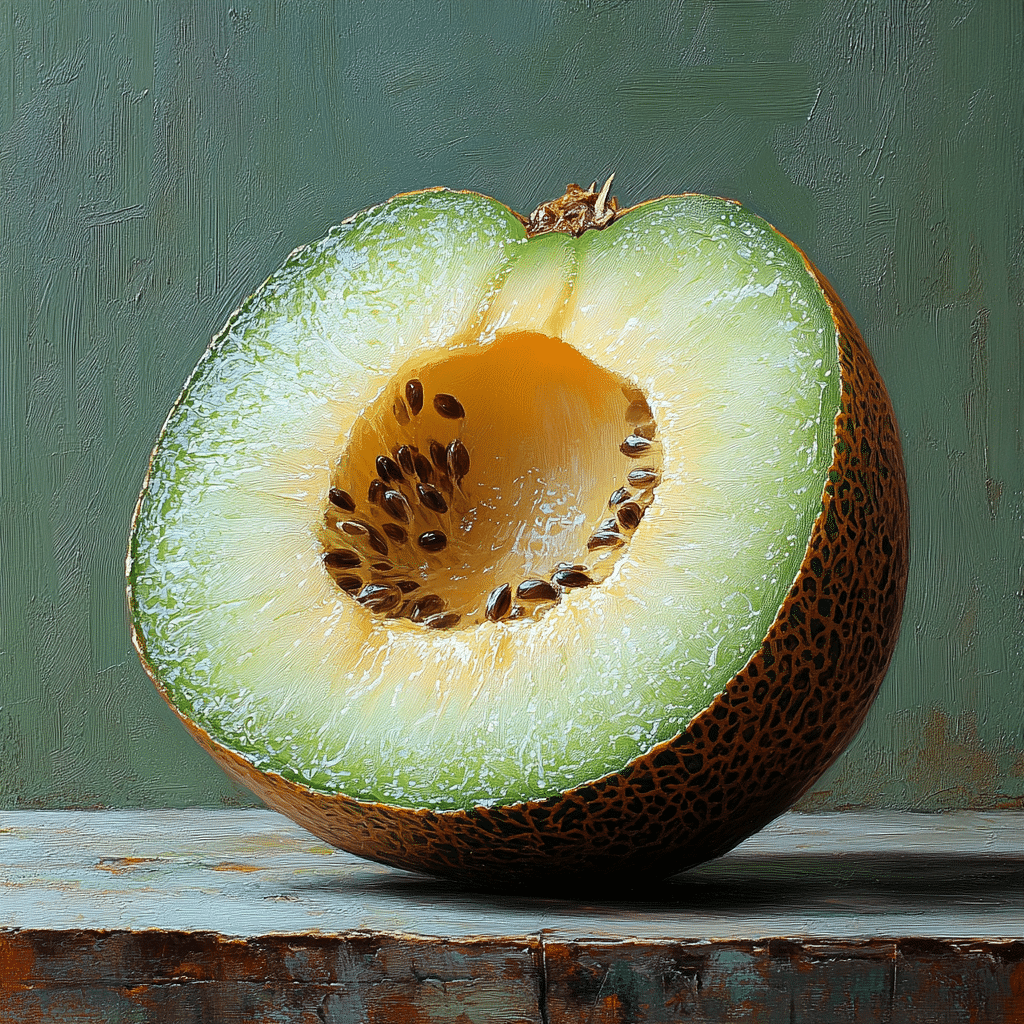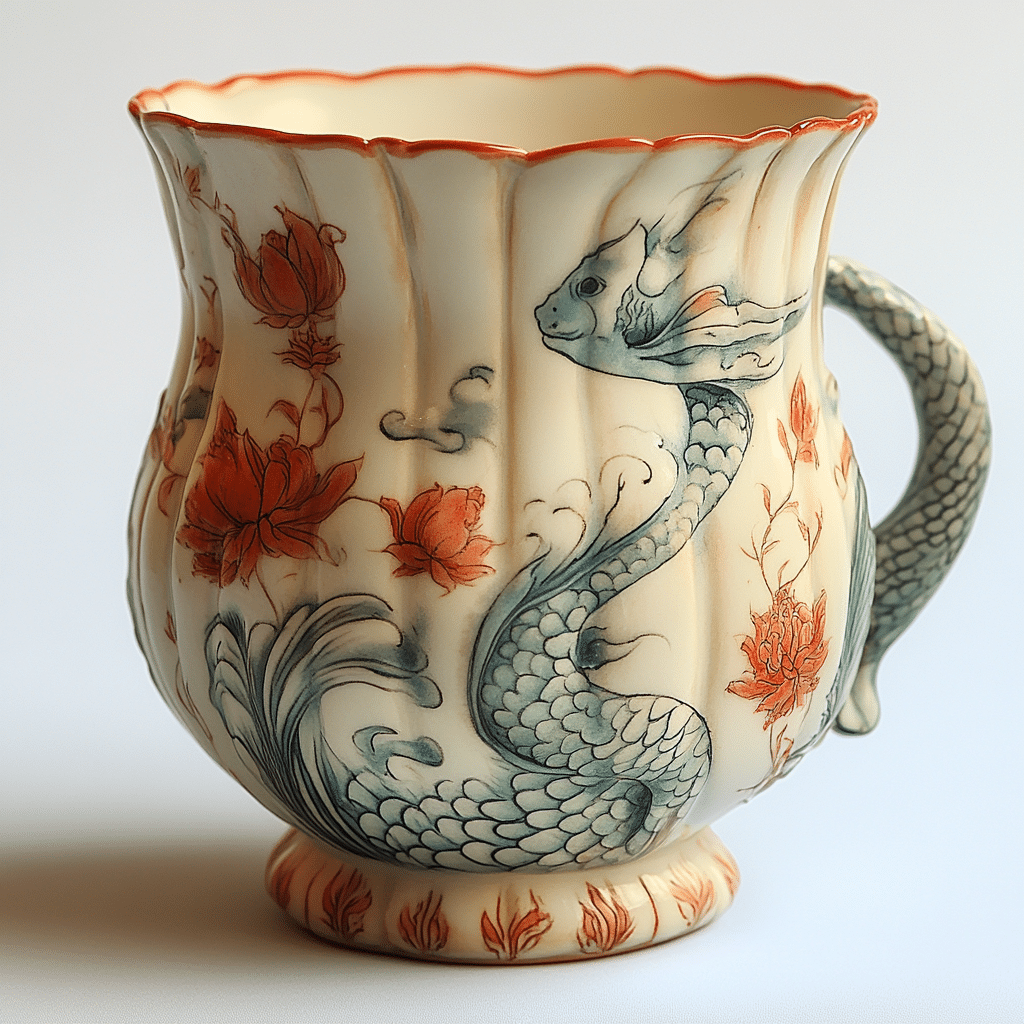Kava tea is creating waves in wellness and fitness circles, and for good reason. This ancient drink has been cherished for centuries, bringing tranquility and calmness to those who enjoy it. Derived from the root of the kava plant native to the South Pacific islands, kava tea isn’t your average beverage. It’s known for its ability to soothe the mind and body without the jittery side effects that accompany many other drinks, including matcha tea and even the calming varieties of Tazo tea. So, let’s dig into the magic of kava, its rich history, and its impressive benefits.

The Magic of Kava Tea and Its Historical Roots
Kava tea has deep roots in the cultural practices of the people of Fiji, Vanuatu, and Tonga. Traditionally, this drink was consumed during communal gatherings, rituals, and ceremonies. It served as a social lubricant that brought people together, fostering connections and friendships. Unlike other teas that may energize you, kava helps you unwind—perfect for those moments after hitting the gym when you want to relax and ease your mind.
The preparation of kava tea is almost ritualistic. The root is ground up and then mixed with water, sometimes skillfully kneaded to release its beneficial compounds. This preparation method enhances not only the flavor but also the experience of sharing the drink among friends and family. As kava makes its way into modern wellness trends, more and more folks are discovering its stress-relieving powers.
While exploring the unique aspects of kava, you’ll find that its calming effects contrast sharply with the stimulating effects of caffeinated drinks. It’s a fantastic choice for anyone looking to embrace relaxation while still packing on muscle and getting shredded. With its historical significance and modern appeal, kava tea is a blend of tradition and innovation that deserves a spot in your daily routine.
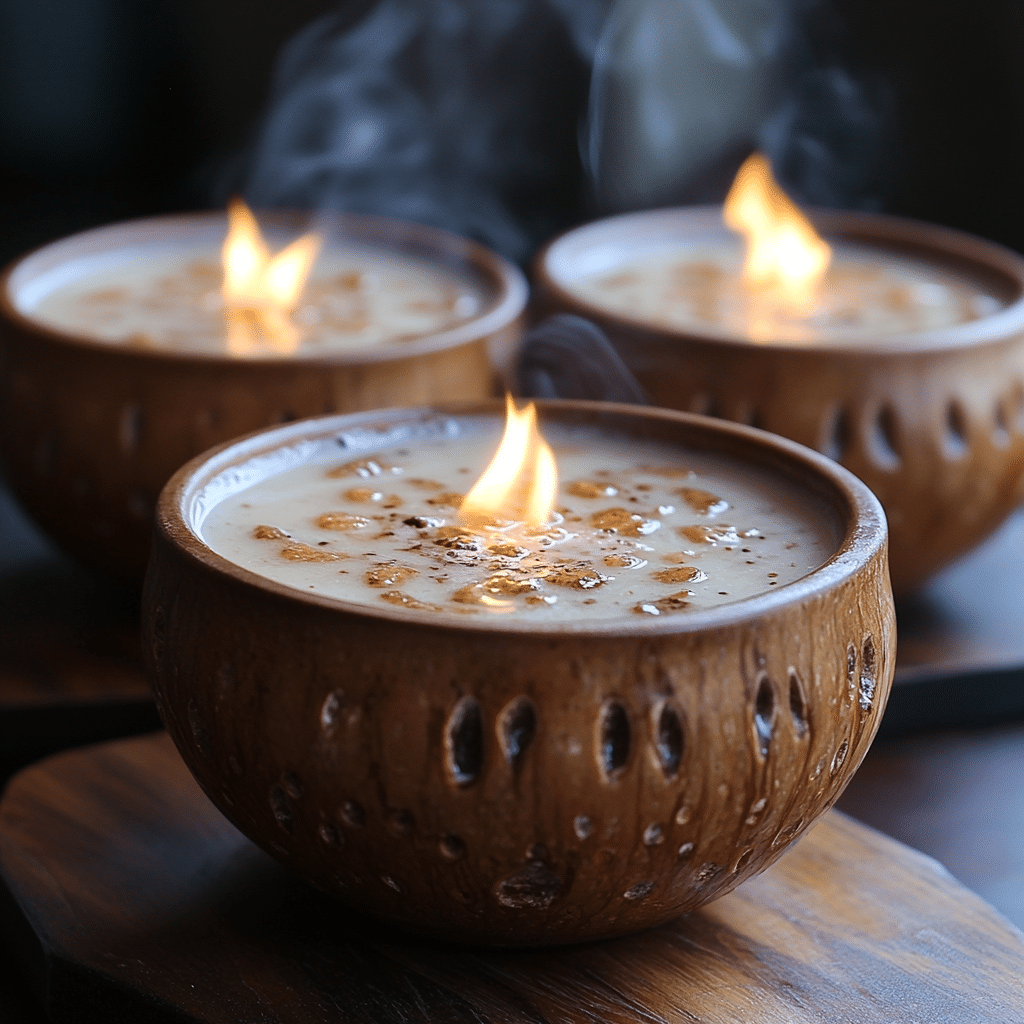
7 Ways Kava Tea Stands Out Among Popular Relaxation Drinks
1. Anxiety Relief: The Active Compounds
One of the primary reasons people turn to kava tea is for its effectiveness in alleviating anxiety. This drink contains kavalactones, chemical compounds that interact with the brain’s neurotransmitters, promoting relaxation while keeping cognitive function intact. In studies, kava has shown potential in providing anxiety relief that outshines other herbal options, like chai tea or Tazo Tea’s Calm blend, which predominantly rely on calming herbs like chamomile and lavender.
2. Taste Profile: A Unique Flavor Journey
When you take that first sip of kava tea, you’re greeted by its distinct earthy flavor. It’s a far cry from the floral sweetness of some herbal teas or the grassy taste of matcha. This acquired taste embodies a raw connection to nature; for many enthusiasts, it’s part of the allure. Trying kava is like stepping into its world—far from the artificial sweetness found in popular beverages.
3. Cultural Significance: The Ritual of Kava Consumption
Drinking kava isn’t just a culinary experience; it’s a tradition. The communal preparation and enjoyment of kava create social bonds and echo rituals seen in cultures where tea holds a similar position. Unlike quick snacks like Kix cereal or meals like Jin ramen, kava tea encourages you to slow down, engage, and savor the moment—something vital in today’s fast-paced world.
4. Health Benefits: Beyond Relaxation
What sets kava apart is not just its calming effects but also its potential health benefits. Emerging research suggests that kava may support liver health, acting as a hepatoprotective agent—benefits not typically seen with other relaxation drinks. While chia seeds are celebrated for their omega-3 content, they can’t mend your mental state like a soothing cup of kava can.
5. Versatility in Preparation: Mixing Traditions
Kava tea shines in its versatility. You can enjoy it the traditional way or get creative. Imagine blending kava with soba noodles in an Asian-inspired dish or crafting a refreshing berry-infused kava tea, akin to how you’d enjoy iced matcha tea. It opens up a world of culinary exploration that few other relaxation drinks can provide.
6. From Social Gathering to Solo Experience
Kava tea is great for social gatherings, but it’s also perfect for solo relaxation. Whether you’re kicking back with a book or unwinding after a long day, kava helps you reflect and recharge. While sipping a cup of Tazo tea might be pleasant, kava taps deeper into your psyche, inviting you on a journey of introspection.
7. A Boost to the Wellness Community
As people become more aware of the importance of mental health, kava tea is gaining traction. It’s quickly becoming a staple in wellness routines, attracting fans who seek holistic alternatives to popular sodas or snack options. Just like the rise of superfoods such as chia and matcha, kava is carving out a special place in the hearts of health-conscious individuals.
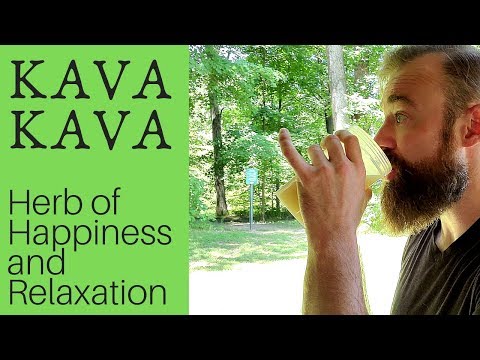
The Science Behind Kava Tea: Insights and Discoveries
Recent scientific discoveries shed light on how kava tea calms your mind. Unlike stimulants such as caffeine that you find in regular teas, kava’s kavalactones modulate GABA receptors, decreasing anxiety and promoting relaxation. This establishes why kava is often placed alongside other wellness beverages, like Rishi tea‘s calming blends, that have calming effects without the brain fog.
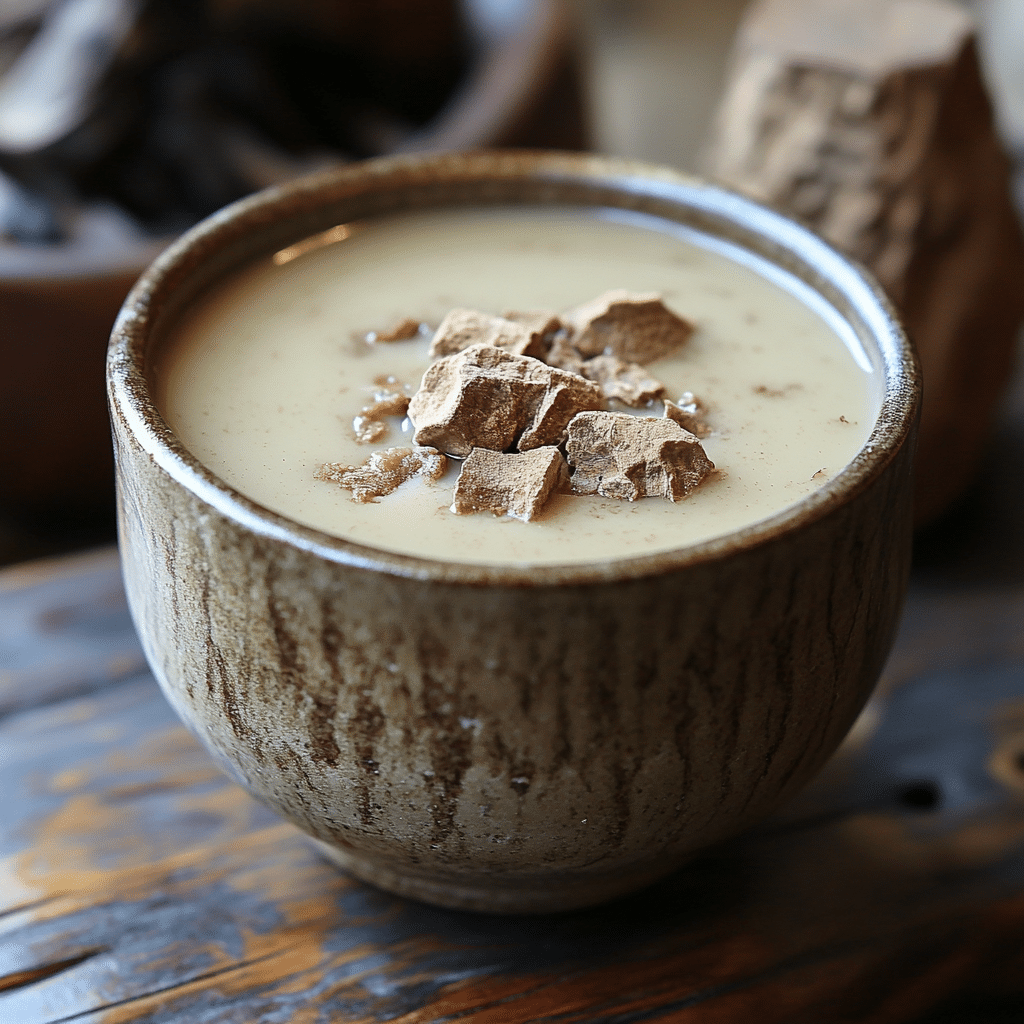
Kava Tea in Popular Culture and Modern Wellness
In the last few years, kava tea has seen a surge in popularity, especially among influencers and wellness advocates. Social media showcases individuals indulging in kava and advocating for its benefits, leading to its rising status alongside trending wellness products. You’ll find the beverages mentioned in various health articles and videos—embracing the calming vibe akin to comfort foods.

Embracing Kava: Integrating It Into Your Lifestyle
Incorporating kava tea into your daily life can be transformative. Consider sipping kava after your workout, perhaps paired with a healthy snack like chia seed pudding or soba noodles. Not only does this create a satisfying meal, but it also doubles as a calming ritual, reinforcing your dedication to mental well-being.
When exploring kava, always seek reputable brands to ensure you’re getting high-quality products. The quality of kava can significantly influence your experience, and getting the right mix can help you fully appreciate its relaxing effects.
Kava tea represents a bridge between ancient traditions and modern wellness desires. Taking the plunge into kava isn’t just about tasting something new; it’s about discovering a method of relaxation that genuinely connects you to history while fostering mental tranquility in our hectic lives. As you immerse yourself in the world of kava, you’ll not only enhance your wellness routine but also redefine how you approach relaxation.
So, are you ready to embark on this calming journey? Grab a cup of kava tea, and let its magical properties wash over you!
Kava Tea: A Deep Dive into Trivia and Interesting Facts
The Origins of Kava and Its Cultural Significance
Kava tea has roots tracing back to the islands of the South Pacific, where it has been an integral part of local customs for centuries. Traditionally made from the kava plant’s ground roots, this herbal drink is consumed during ceremonies to promote relaxation and social bonding. Interestingly, kava plays a significant role in social interactions; think of it like the chill vibe of gathering around a coffee ground emesis where stories and laughter flow freely. Speaking of smooth sounds that add to the experience, if you’re slipping into a kava-induced bliss, why not do it with some groovy tunes on a fancy audio Technica turntable?
Safety and Health Aspects of Kava Tea
While kava tea is celebrated for its calming effects, it’s crucial to understand its safety profile. Some people might experience moderate side effects, and excessive consumption can lead to liver issues. For instance, mixing kava with medications like Naprosyn could amplify health risks. Just like knowing the full cast of Pitch Perfect 2 gives you the inside scoop, being informed about kava’s potential effects ensures you’ll enjoy its benefits without worry. And did you know that certain people have a phobia Of long words—known as “Hippopotomonstrosesquippedaliophobia”? This could make discussions about kava a little overwhelming for them!
Tasting the Effects: Kava vs. Other Relaxants
Kava’s soothing properties are often compared to the more mainstream Matcha green tea, yet they deliver relaxation in distinct ways. While matcha provides a gentle alertness, kava tea’s magic is in its ability to calm the mind often without the jitters some might get from caffeine. This makes kava a great choice for unwinding after a long day, especially when you’re looking for a cozy evening vibe, maybe while enjoying content on Regal Stonecrest films. Whatever your choice of beverage, be it kava or something else, it’s essential to do it responsibly and enjoyably—like enjoying a chat with Katy Tur about the latest news while sipping.
Kava tea offers a fascinating glimpse into a culture steeped in tradition and social connection, presenting an alternative path to calm that many might find appealing. As with all things, balance is key. So, if you’re keen to dive into the world of kava, approach it with curiosity and care, ensuring your journey into relaxation is both joyful and safe!
